Trusts
The Estate Planning Tool They Don’t Teach in School!
What if you could guarantee your life insurance payout goes exactly where you want—without court delays, taxes, or confusion? Setting up a trust with your life insurance policy ensures your loved ones are protected, your wishes are honored, and your legacy is preserved. It’s a smart, secure way to keep your finances—and your family’s future—under your control.
Why Use a Trust for Life Insurance?
Bypasses Probate Court
Ensures Funds Go to the Right People
Provides Tax Advantages for Your Estate
Gives You More Control Over the Payout

How Trusts in Life Insurance Protect Your Legacy

Protect from Taxes & Creditors
Properly structured trusts can offer tax advantages and shield your life insurance proceeds from creditors or legal disputes.

Control Over the Payout
A trust ensures your life insurance benefits are distributed exactly how and when you choose—protecting your loved ones from misuse or mismanagement.

Avoid Probate
Placing your policy in a trust helps your beneficiaries skip the court process, giving them faster, direct access to the funds.

Why High-Income Earners Use Trusts for Life Insurance
Strategic Wealth Transfer
A trust allows high-income earners to pass on life insurance benefits efficiently—helping avoid estate taxes and ensuring more wealth stays in the family.
Legacy Planning Made Simple
Trusts can structure how benefits are distributed over time, supporting long-term goals like funding education, supporting heirs with financial milestones, or preserving wealth across generations.
Privacy & Protection
Unlike wills, which become public record during probate, trusts maintain privacy. They also shield assets from legal disputes, creditors, and irresponsible spending by beneficiaries.
Customized Control
Trusts allow you to include specific instructions, such as age-based distributions or conditions for access, giving you full control over how your legacy is managed.
STILL NOT SURE?
Frequently Asked Questions
Explore our FAQs to make informed decisions and protect your loved ones.
Can a trust protect assets from creditors?
In many cases, yes. Irrevocable trusts can protect assets from lawsuits, creditors, and even divorce settlements.
Who should be the trustee?
A trustee should be someone responsible and trustworthy. It can be a family member, trusted advisor, or a corporate trustee like a bank or attorney.
Can a trust be the beneficiary of a life insurance policy?
Yes. Naming a trust as the beneficiary gives you more control over how the funds are used and distributed.
Is a trust only for wealthy people?
No. Trusts can benefit anyone who wants more control, privacy, and protection over their assets and how they're passed on.
Can I include specific instructions in my trust?
Yes. You can include detailed instructions on how assets should be distributed, when, and under what conditions—giving you full control over your legacy.
Build Your Future with a Life Insurance Trust
At CEO Life, we help you take full control of your life insurance benefits through the power of a trust. By placing your policy in a trust, you ensure the payout goes exactly where you want it—bypassing probate, avoiding delays, and protecting your loved ones from taxes, creditors, or misuse. This strategy offers peace of mind, knowing your legacy will be handled according to your wishes. With the right trust structure, you can provide long-term financial security for your family with clarity, privacy, and control.

SIGN UP FOR CEO LIFE NEWSLETTER
Stay updated, stay ready. CEO Life brings you real insights on insurance, money moves, and building generational wealth — because smart decisions start with staying informed.
2022 All Rights Reserved.


